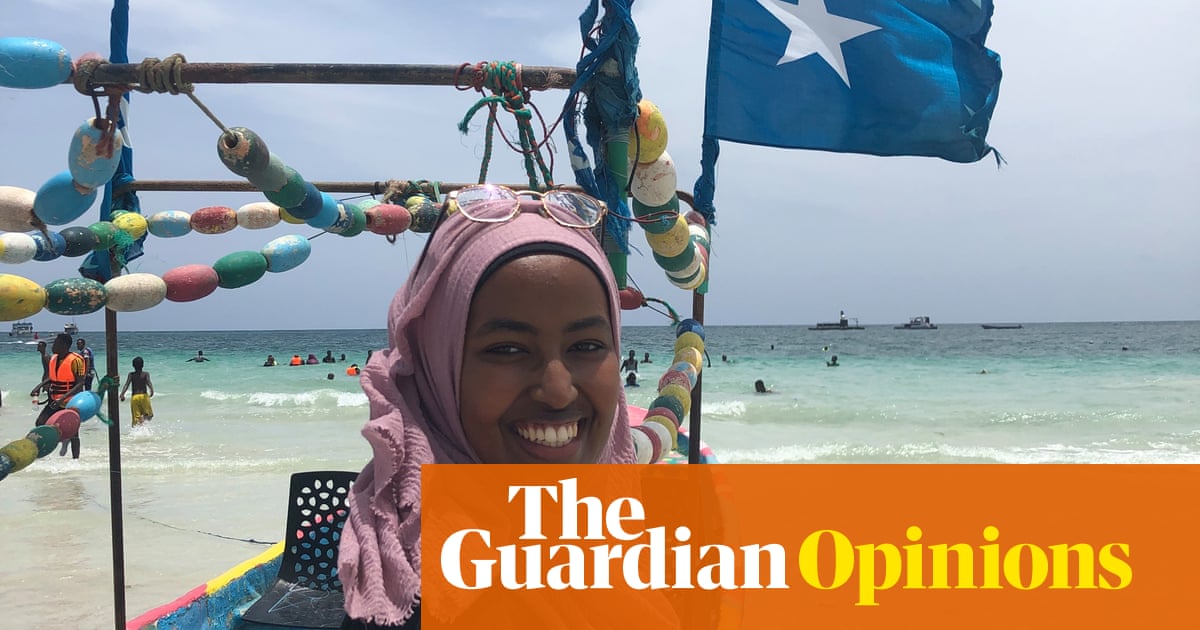
In the past 15 months or so, life has changed unrecognisably for Afghanistan’s women and girls. Speak to secondary school pupils, their parents and education activists, and you will hear just how devastating the impact of the Taliban’s school closures have been. It is hard to fathom the depth of the darkness that has emerged as a consequence of this action.
Girls are dealing with the psychological fallout of being cut off from their classmates and social networks. Many are struggling with severe depression. Since secondary schools were closed, child marriage has increased dramatically. Suicide rates among women and girls have been steadily rising since the Taliban’s return to power. Women protesting against the Taliban’s closure of universities in Kabul this week have been beaten and whipped.
Like most Afghan girls, my life has been a struggle from day one. I wasn’t allowed to go to school when I was a child during the Taliban’s first rule, in the 1990s. The Taliban took away my basic right to education simply for being born a girl. But I circumvented the ban and fooled them by dressing as a boy.
I was perhaps part of a lucky generation who had many opportunities in the years after the US invasion in 2001. On a cold, rainy day in the spring of 2011, I went to Kabul to start university – the first girl from our small village in the Waras district of Bamyan province to do so. Studying at university has never been easy for Afghan girls. Girls face economic poverty, precarious housing, sexual harassment in the street and dozens of other problems under the patriarchal rule. But, as a result, we have an enthusiasm for learning and education that knows no bounds – it is indescribable. Despite many objections from my relatives, I couldn’t describe how happy I was to be attending university – I could see a future filled with hope. I graduated without any restrictions and worked as a journalist.
History has now repeated itself two decades later. I don’t know if any brave girl would be able to trick the Taliban again by wearing boys’ clothes to go to school. But we know there are girls who are conducting secret classes, as some girls did in the 1990s, to continue their education, alongside secret schools and libraries. I am amazed by these girls’ bravery.
However, this is not a solution. It is impossible for me, or anyone who is not suffering the effects of this dark period in our country’s history, to explain the nightmare women and girls are living in Afghanistan these days. Despite claims by Zalmay Khalilzad, the former US special representative for Afghanistan peace affairs, that this extremist group had changed the list of Taliban prohibitions on the lives of Afghan women is getting longer by the day.
The first whip on the body of our society was the secondary school ban for girls. Then the travel ban came, prohibiting women from walking the streets unaccompanied, the closure of parks and public baths to women. After a period of increasing restrictions, universities for women were closed and we were banned from working for NGOs. Now, Afghan women are imprisoned in the home. For more than a year, Afghan women have had to wake up to the bitter reality every morning that they are no longer free; we are living under the rule of a gender apartheid regime. One student at the faculty of law and political science in Kabul told me that she wishes every day that her bitter reality under the Taliban’s rule was a nightmare she could wake from. Afghanistan has become a prison where everyone is shouting out for freedom.
The Taliban’s decision to limit the presence of women and girls in society, besides creating despair and hopelessness, is also causing economic damage. Banning women from working with foreign NGOs has caused fear among women who are the breadwinners in their families. One woman told local media she has been forced to beg in the streets to earn money. Even this is now banned, and the group recently announced they had collected more than 2,000 beggar women from the streets of Kabul.
The complex situation we face has greatly limited the scope for impactful and decisive resistance. If human rights defenders, especially women, do not have a targeted plan to fight these oppressions, this terrifying new world for women there will become normalised, and the momentum to fight it will be lost. Shouting slogans, participating in conferences and taking pictures will not be enough. Coordination between women and human rights institutions is vital, along with reevaluating our goals and methods, if we are to succeed. Just as the Taliban are removing women from the public sphere step by step, women here must, step by step, advance their demands.
Zahra Joya is an Afghan journalist living in London and the editor-in-chief and founder of Rukhshana Media, a news agency reporting on life for women and girls in Afghanistan












